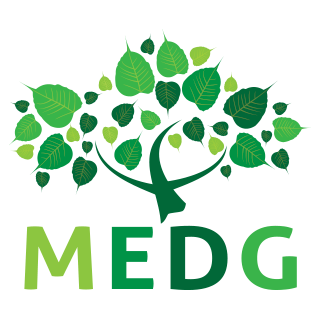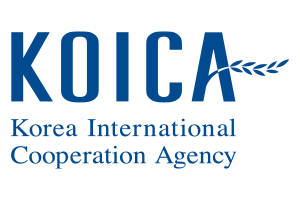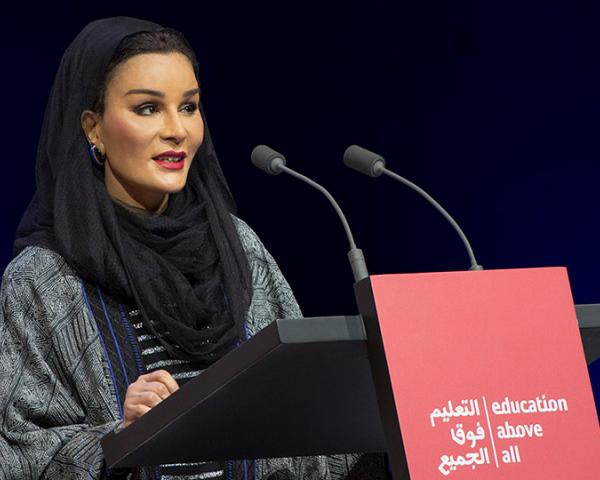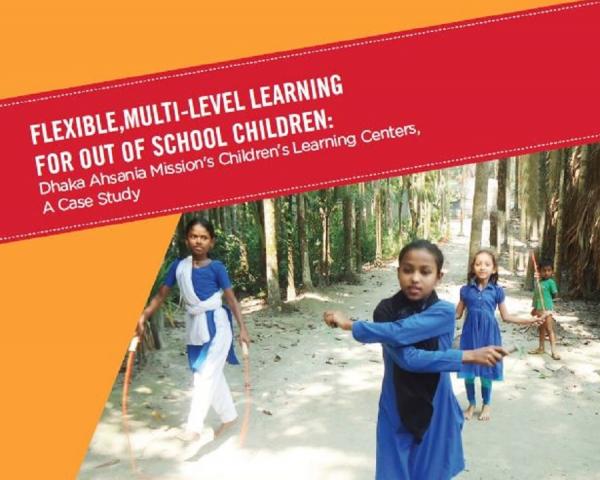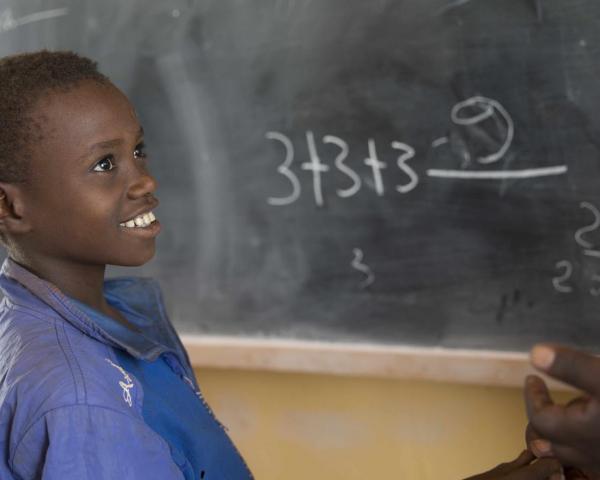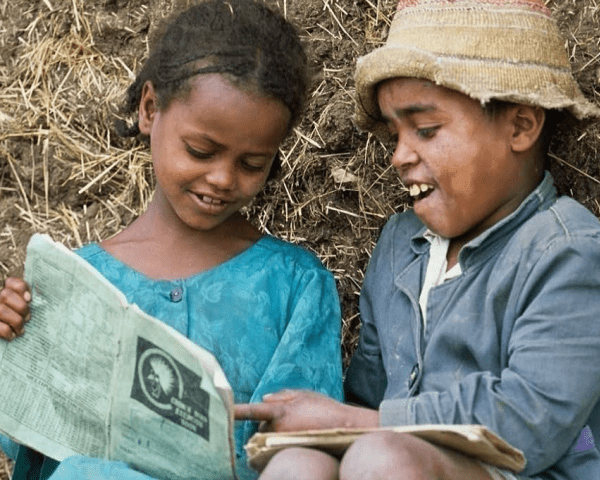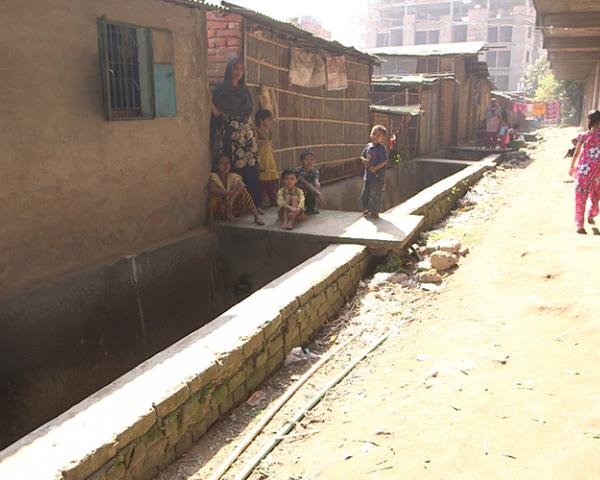Inspire: A Programme to Motivate and Make Education Accessible through Monastic Schools
Project Status
Working through two separate support channels (traditional teacher-oriented in-class support and 3G innovation to permit distance learning and online instruction), the Inspire: A Programme to Motivate and Make Education Accessible through Monastic Schools in Myanmar foresees reaching 72,220 OOSC with primary-school education or its equivalent over the course of three years. The project will be implemented in Rakhine and Shan States where literacy rates are about 55.9 percent, as well as in Mon, Kachin and Tanintharyi. In addition, central regions of Myanmar’s central regions of Ayeyarwaddy, Bago, Mandalay, Sagaing and Yangon are the planned sites for the 3G-enabled schools.
To achieve this objective, 600 target schools will commit to continuously enrolling OOSC every year for the duration of the project’s life cycle. The Inspire project’s strategy is to engender community-based solutions to specific access barriers, while investing in quality and flexible education delivery. In that vein, the project will offer classes outside of regular school hours and accelerated-learning programmes. Additional project activities include: 1) non-formal education that addresses key barriers to regular school attendance, such as poor quality and low self-esteem; and 2) school improvement initiatives comprised of teacher training and school grants programmes.
From the outset, the Inspire project will concentrate on achieving sustainability through key pillars in its service-delivery model. In the main, a strong emphasis will be placed on quality education and local ownership; teachers are trained in learner-centred pedagogy and a school grants programme is administered to drive local solutions. Moreover, Inspire’s sustainability plan invests in technology and an ICT system, the digitisation of Myanmar language learning materials and policy dialogue that captures project impact and scaling potential.
*EAC would like to thank KOICA for their generous co-financing contribution to this project.






